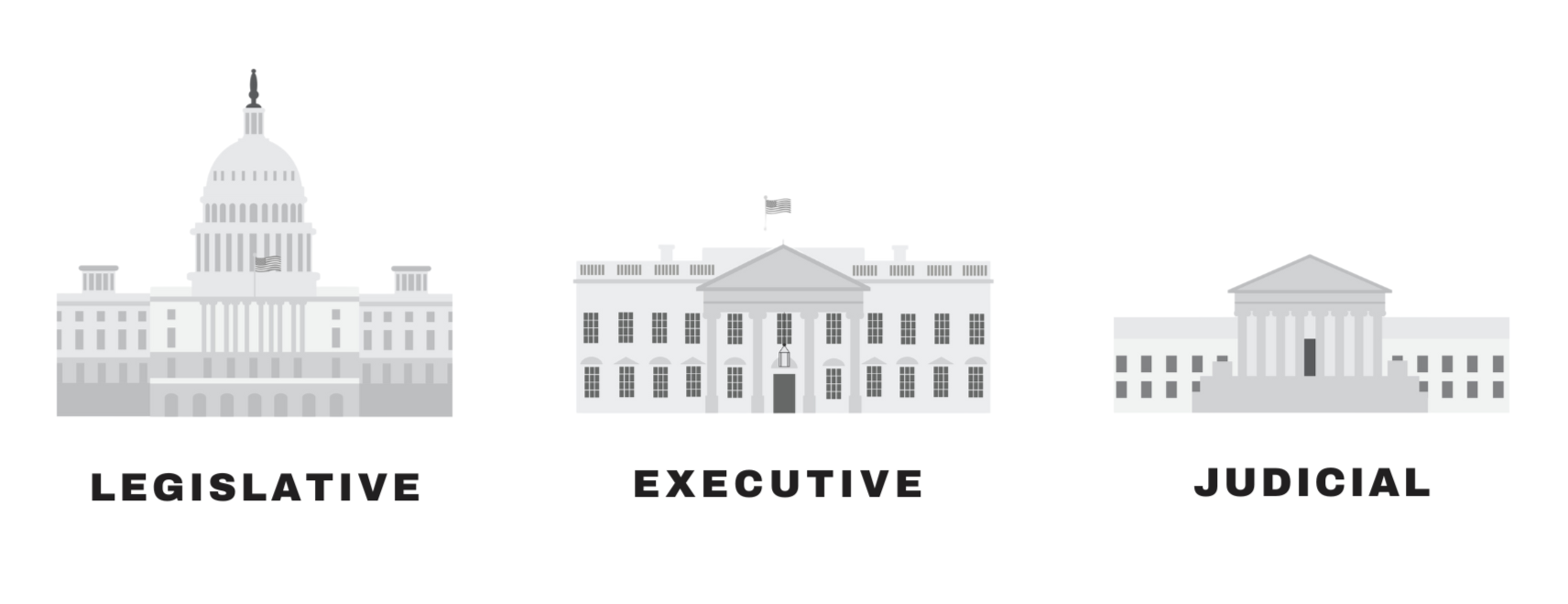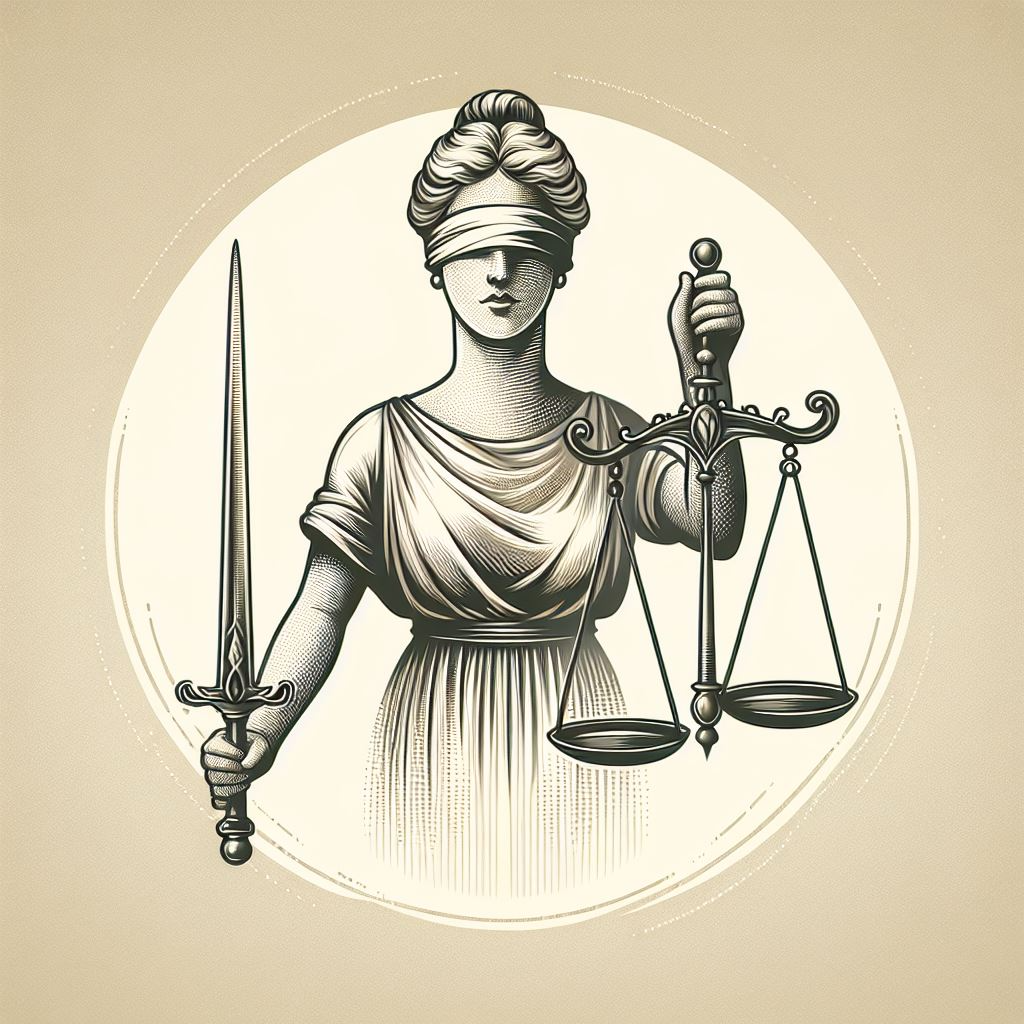
In 1787, amid the echoes of revolution and the promise of a new republic, the U.S. Constitution was born in Philadelphia. It was a bold experiment—an enduring framework for self-governance that balanced liberty with order. Crafted by visionaries like James Madison, Alexander Hamilton, and George Washington, it became the supreme law of the land on June 21, 1788, when New Hampshire ratified it as the ninth state. Over centuries, it has guided the United States through civil wars, social upheavals, and global leadership. Its brilliance lies in its adaptability, clarity, and commitment to the principles of democracy and justice.
Top 10 Elements of the U.S. Constitution That Make It So Effective
- Separation of Powers
The Constitution divides government into three branches—legislative, executive, and judicial—ensuring no single entity holds unchecked power. This structure fosters accountability and prevents tyranny. Each branch has distinct responsibilities, creating a dynamic system of governance that balances efficiency with oversight.
- Checks and Balances
Each branch of government can limit the powers of the others, ensuring cooperation and preventing abuse. For example, the president can veto laws, Congress can override vetoes, and the courts can strike down unconstitutional acts. This interplay preserves democratic integrity. - Federalism
Federalism divides power between the national and state governments, allowing for local autonomy while maintaining national unity. It enables states to serve as “laboratories of democracy,” experimenting with policies that reflect regional values and needs without compromising national cohesion. - Bill of Rights
The first ten amendments guarantee essential freedoms—speech, religion, press, assembly, and due process. These rights protect individuals from government overreach and form the moral backbone of American democracy, ensuring liberty and justice for all citizens. - Amendment Process
The Constitution’s Article V allows for amendments, making it a living document. This flexibility has enabled the nation to evolve—abolishing slavery, expanding voting rights, and adapting to modern challenges—while preserving its foundational principles. - Judicial Review
Though not explicitly stated, judicial review was established in Marbury v. Madison (1803), empowering courts to interpret the Constitution and invalidate laws that conflict with it. This ensures that all legislation aligns with constitutional values.
- Popular Sovereignty
The Constitution begins with “We the People,” affirming that government derives its power from the consent of the governed. This principle ensures that citizens are the ultimate source of authority, reinforcing democratic participation and accountability. - Limited Government
The Constitution outlines specific powers granted to the government and reserves all others to the states or the people. This principle protects individual freedoms and prevents authoritarianism by ensuring that government actions are confined to constitutional boundaries. - Supremacy Clause
Article VI establishes that the Constitution and federal laws take precedence over state laws. This clause ensures national coherence and legal uniformity, preventing conflicts between state and federal authorities and maintaining the rule of law. - A Republic – One Nation Under God
The Constitution establishes a Republic where elected officials serve the public interest. This system balances direct citizen involvement with structured governance, ensuring that leaders remain accountable to the people through regular elections and civic engagement.
A Golden Legacy and a Future of Promise
Since its ratification in 1788, the U.S. Constitution has stood as a model for democratic governance worldwide. Its golden age is not confined to the past—it continues to shine through its resilience and relevance. It empowers citizens, restrains power, and inspires nations. As we look to the future, its enduring principles—liberty, justice, and the rule of law—remain a guiding light. In a world of change, The US Constitution is a steadfast guardian of freedom and a testament to the enduring power of human self-governance.
